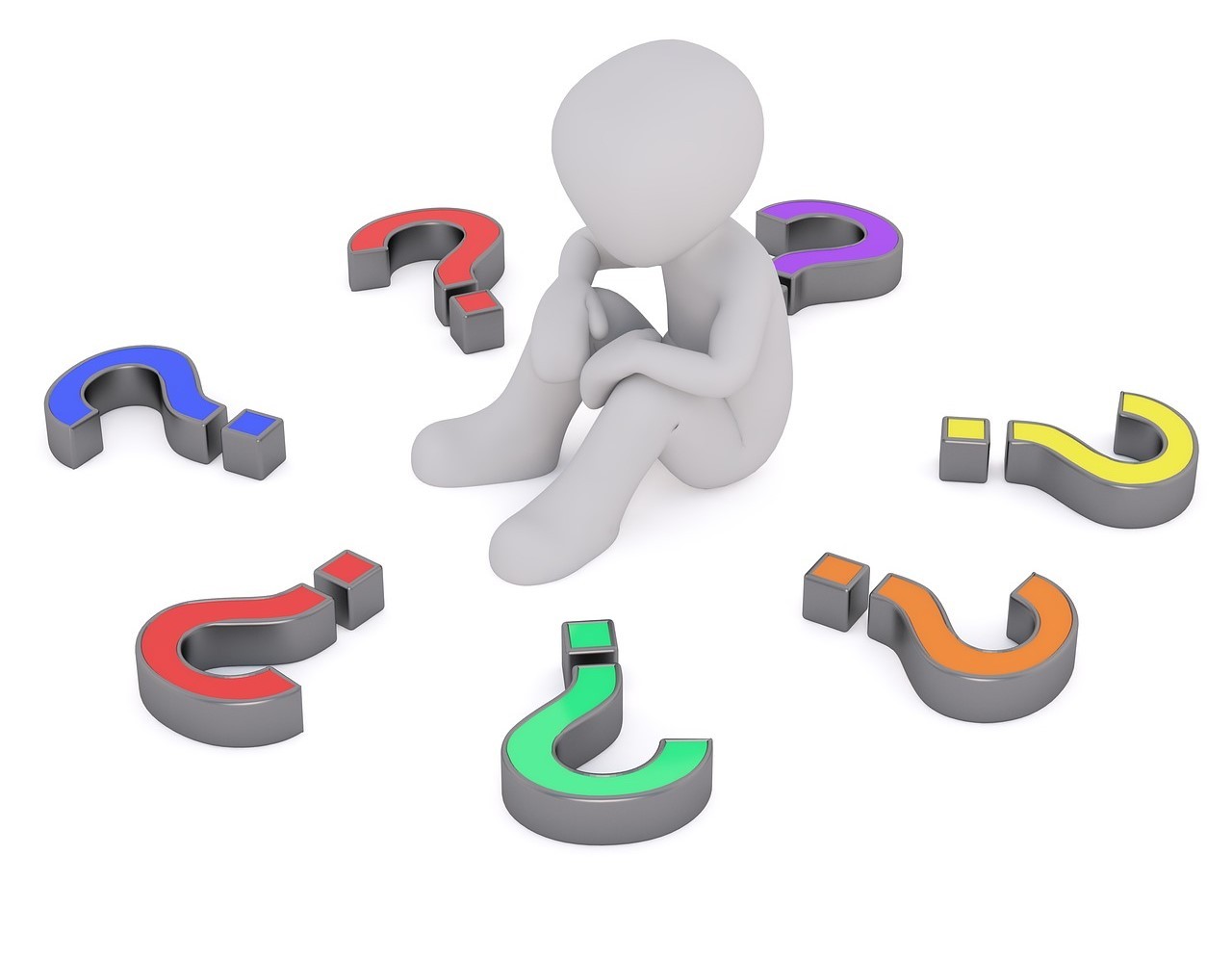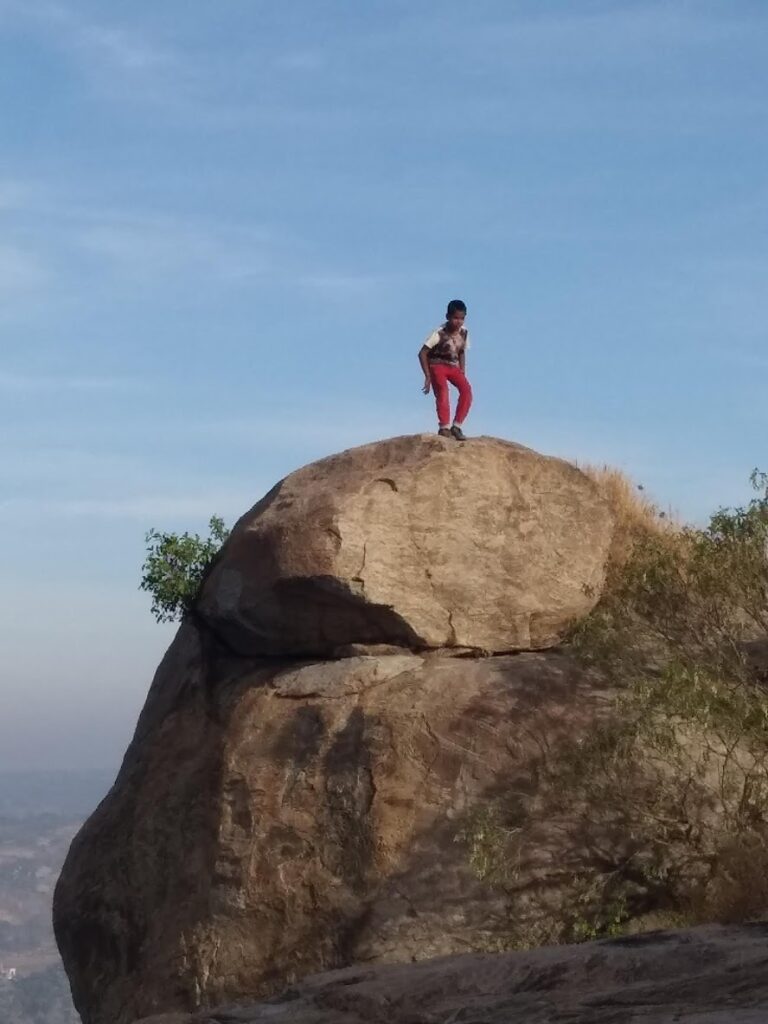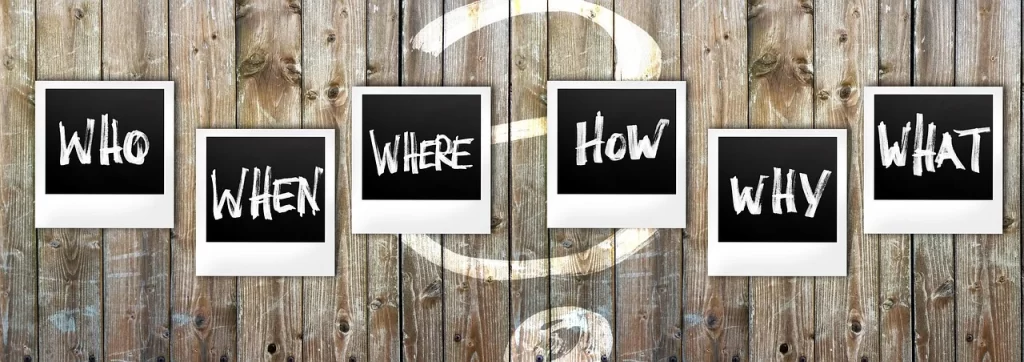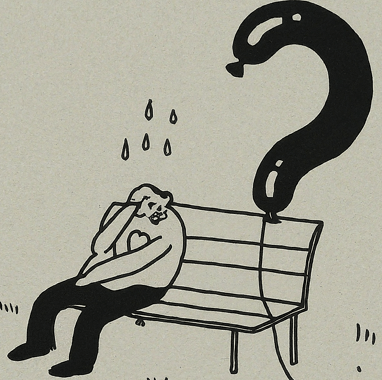Children readily accept both knowing and not knowing. We, on the other hand, often prioritize knowing above all else. Yet, in this intricate world, the unknown is what truly fuels the joy of living. The uncertainty of not knowing empowers us to ask questions and challenge our existing beliefs. Why is it so difficult for…

During a recent work call, I struggled to grasp certain concepts. Preoccupied with information gaps, I missed details as my mind grappled with the unknown. The call ended, leaving me overwhelmed by a deluge of information.
In contrast, my son and husband were engrossed at home in the French Open. Their conversation delved deep into the game, analyzing strokes and techniques. Limited in my knowledge, I actively listened and observed. Surprisingly, I heard my son utter “I don’t know” several times. He actively inquired about concepts he didn’t understand, seeking clarity and piecing together his knowledge.
Fears of “I don’t know”
This simple observation sparked a realization. Why did I hesitate to say “I don’t know” during the call? Fear gripped me:
- Fear of appearing uninformed.
- Fear of ridicule.
- Fear of sounding foolish.
These anxieties caused me to miss potential opportunities:
- Owning my knowledge gaps.
- Embracing the discomfort of asking questions.
- Learning from uncertainty.
Unknowingly, we may transmit these anxieties to our children. We discourage using “I don’t know,” striving for them to possess knowledge comparable to ours. In this pursuit, we bombard them with information, often irrelevant to their immediate needs. We rush them to acquire knowledge, driven by a competitive desire for them to match our understanding.

Why can’t we approach the world with fresh eyes? Why can’t we embrace unlearning and relearning alongside our children? Of course, this is only feasible for some things, but we can strive for a new perspective. This may challenge our established beliefs, leading us to the uncomfortable zone of not knowing. Our current emphasis on “knowing” is perceived as ethical. Can we consider “not knowing” equally ethical, at least for a time?
The courage of growth mindset
“I don’t know” reflects a growth mindset, while “I know” signifies a fixed and limiting perspective. A steep learning curve characterizes childhood. In their early years, newborns lack knowledge and don’t feign understanding. They explore their world – crying, turning, crawling, walking, speaking – driven by basic needs. Newborns begin with a blank slate, driven to learn and discover independently. They build their understanding based on experiences, not through explicit instruction on crawling or tasting everything. This evolves into the “why, when, where, what, and how” stage. This beautiful stage of inquiry should continue throughout life. Unfortunately, we often settle for initial answers, neglecting to re-examine them through different lenses.
The following anecdote about Albert Einstein underscores the importance of the “I don’t know” mindset.
While administering a 2nd-year exam at Princeton University, his teaching assistant noted that Einstein had set the same paper as the previous year. He asked, “Dr. Einstein Isn’t this the same exam you gave this class last year?”
Einstein paused, then replied, “Yes, it is.”
The assistant asked, “Why would you set the same question paper two years in a row?”
“Because,” Einstein replied, “the answers have changed”.
“I don’t know “ is such a powerful statement. It gives us a beginner’s mind to understand things from a basic rather than absorbing a painted picture of someone else’s interpretation. It empowers us to ask and to listen. Deep learning happens when we get into something with the assumption that we don’t have all the answers. How does one navigate the unknowing territory, that sets them apart from the rest.
How we do it at home

Here are some tools we use frequently to encourage questioning:
- Using online wheels to select a topic and ask a single question around that topic.
- Using a table with following column headings – “How, what, where, when, which, why”. Every family member needs to fill one column every day.
- Every day we ask at least one question about our existing knowledge and try to look at it from a different perspective. Other day we asked basic questions around finance – what is stock, what is share market, what is investment?
- Check this to have more ideas about questioning
When we readily provide answers to children, it implies these are definitive. We tell them “This is my answer currency, you keep them”. Instead, we should encourage them to formulate questions. Let them create their currency of answers, acknowledging that these answers may evolve. Rethinking questions fosters unlearning. Without unlearning and reevaluation, we might still believe the Earth is flat. Focusing on “what can be” instead of “what is” expands the possibilities for examining answers from multiple perspectives.
The seat of comfort and the door of certainty make us stagnant. The discomfort and uncertainty of questioning make us alive. “I don’t know” is an act of courage. It is like those sliding sensor doors that keep opening whenever you approach them. Let’s give our children the gift of “I don’t know”
